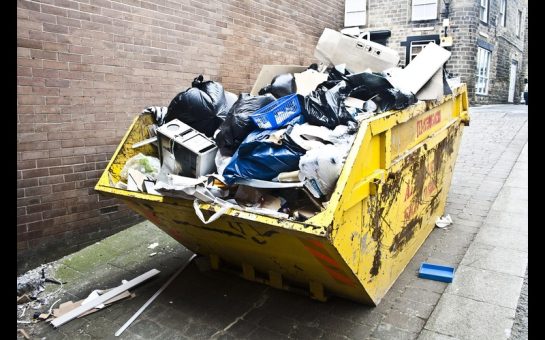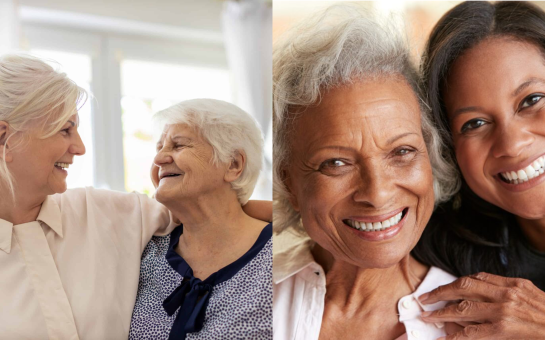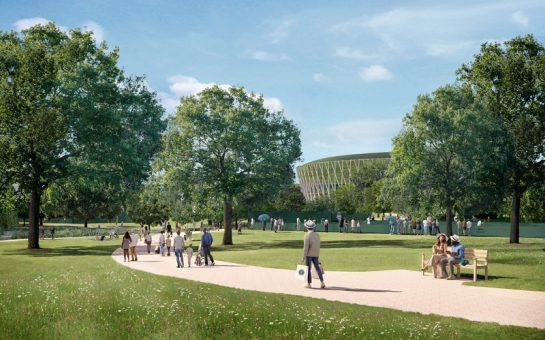There are growing concerns from coaches and athletes about the impact of lockdown restrictions on non-elite athletes’ performance and wellbeing.
Under current lockdown restrictions, the only athletes who can access training facilities are at the top level, such as those with current World or Olympic qualifying standards.
This leaves athletes who are aiming for top competitions in the future, not to mention all club runners, without access to training facilities, including outdoor tracks.
Athletes are also missing out on the benefits of training in a group, as restrictions only allow them to exercise with only one other person.
Paskar Owor, 40, is a retired middle-distance runner who represented Uganda at the 2000 and 2004 Olympics, and is now a coach.
Owor thinks a lot of athletes will struggle returning to the shape they were in before the pandemic, particularly with the uncertainty around when they will be able to compete again.
“Athletics is an individual event where if you peak and you train you need to use it,” he said.
“It is like food which is already cooked – if you don’t serve it to people then it’s wasted.
“To run a good time on the track, you need to train for a period of two months on the track to prepare.”
Coaches hope there will be some track and field events and maybe road races this year, but for now non-elite athletes have to stick to virtual races, which are by nature less competitive.
“I’m not missing anything about the Commonwealth or the Olympics because I have been there, I have seen it and enjoyed it,” Owor added.
“But now I am worried for development, 15-16-year-olds who have that ambition.”
To address fears of the impact on future Olympians and Commonwealth Games athletes, the chief executives of athletics, cycling, swimming and triathlon in Wales are campaigning for more athletes to be allowed to use sports facilities.
Welsh Athletics CEO James Williams told BBC Sport Wales: “There’s a very real risk of us losing a generation of very talented elite athletes due to the fact that they simply can’t access the facilities they normally would be able to.”
Athletics Weekly suggested in a blog post that the problem is not exclusive to Wales, but affects athletes across the UK.
Established athletes such as Konstantinos Touse, 31, a sprint distance triathlete and coach with Belgrave Harriers, a successful athletics club which trains at Battersea Park, are also struggling.
“The majority of athletes will not perform at the peak they used to,” said Touse. “I am one of them.”
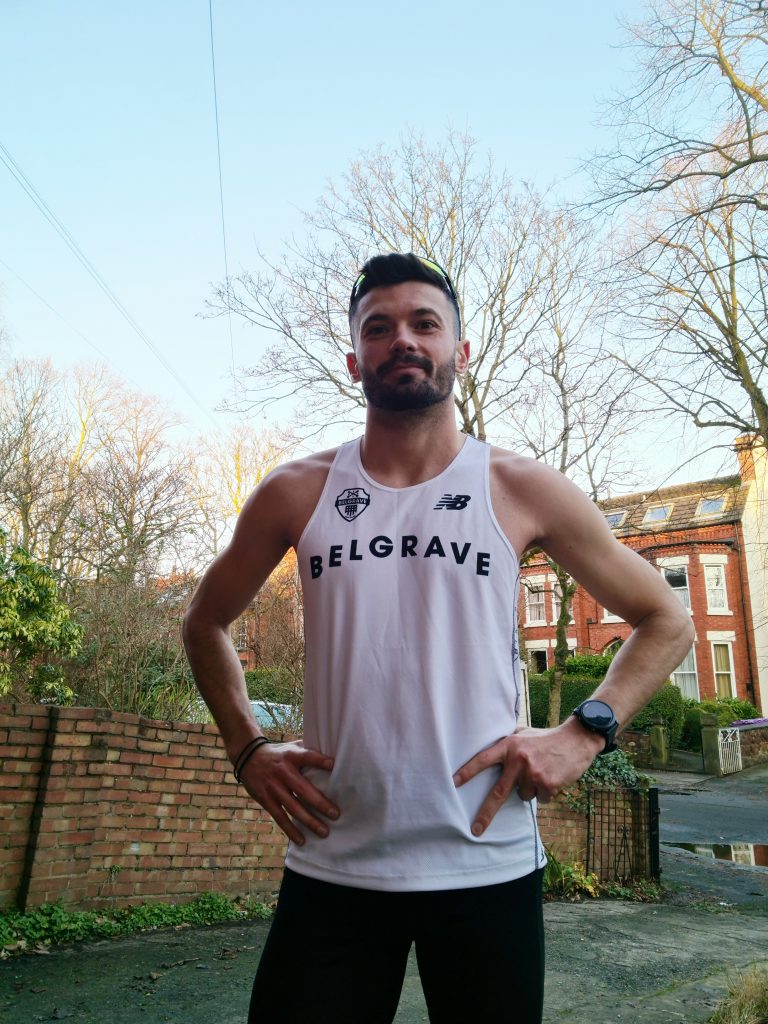
Lately, Touse has been struggling to find the motivation to train and has been feeling down.
He said: “I try to push myself every day but sometimes I don’t bother to go outside as I know I am going to train by myself and won’t have someone to push me.
“I miss those days when I was competitive and training with my group.
“I wake up in the morning thinking – what should I do today? In the past I didn’t have this question.
“I wish I was one of the elites right now. In cycling and running I do well. In swimming I am ages behind, but I can’t do anything! It is really difficult.”
Touse has toyed with the idea of going back to his native Greece, where he can swim in the lakes and the sea, but has decided to wait in the hope that restrictions will start easing soon.
According to a study conducted by exercise tracking app Strava, one in five professional endurance athletes reported difficulty exercising related to mental health, motivation, and COVID during the first six months of the pandemic.
The study also showed that 22.5% of athletes reported feeling down or depressed more than half the days in a week in that time period compared to 3.9% before COVID restrictions.
The respondents were professional runners, cyclists, and triathletes in America, but the findings reflect the concerns about the impact of the pandemic on athletes of all levels in the UK.
Restrictions have continuously altered what kind of training coaches can do with their athletes but in this third lockdown, everything is virtual.
Not being able to train with others is a ‘terrific disadvantage’ according to Charlie Dickinson, 72, who coaches a mixed endurance group for Belgrave Harriers.
“You can do a lot on your own, particularly if you are very experienced,” he said. “But a group has its own magnetism.”
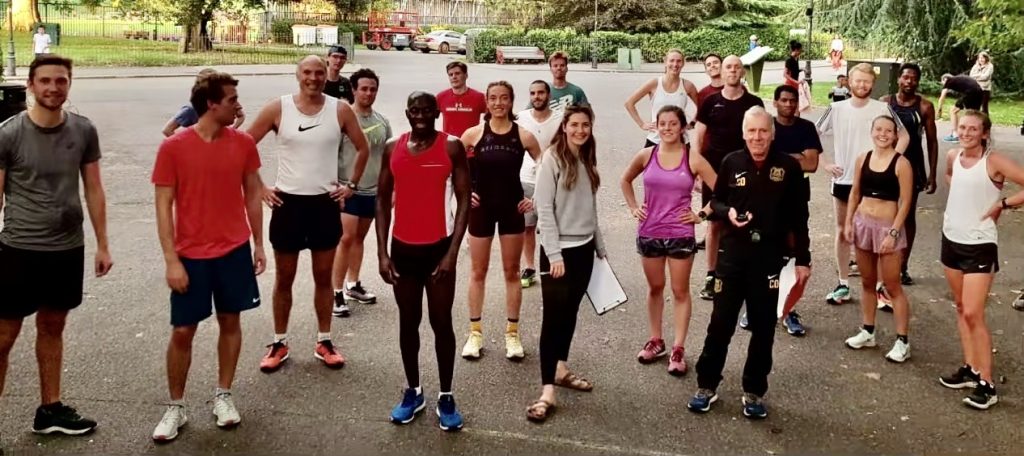
Each week, Dickinson sends round suggested sessions to his group to try to keep them on track.
“People say how useful it’s been to have some structure,” he said.
“Because there is a tendency to just go out for a run. If they do that they keep fit, but it’s not conducive to competition. You’ve got to do speed sessions.”
Coaches and athletes are doing what they can, but the full impact on athletes’ performance will only be evident in years to come.
Featured image credit: Konstantinos Touse
